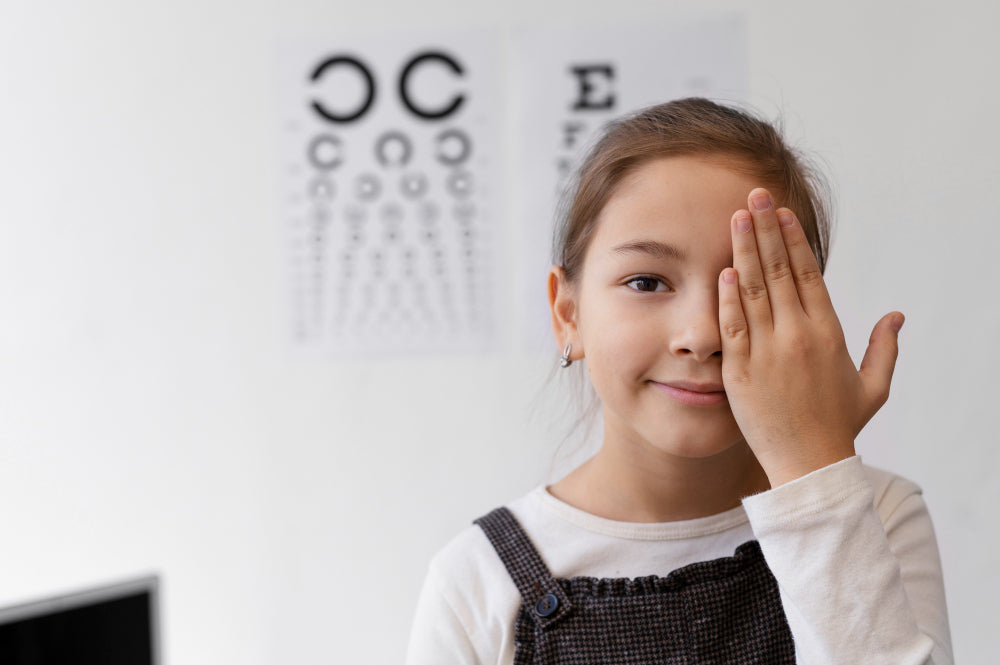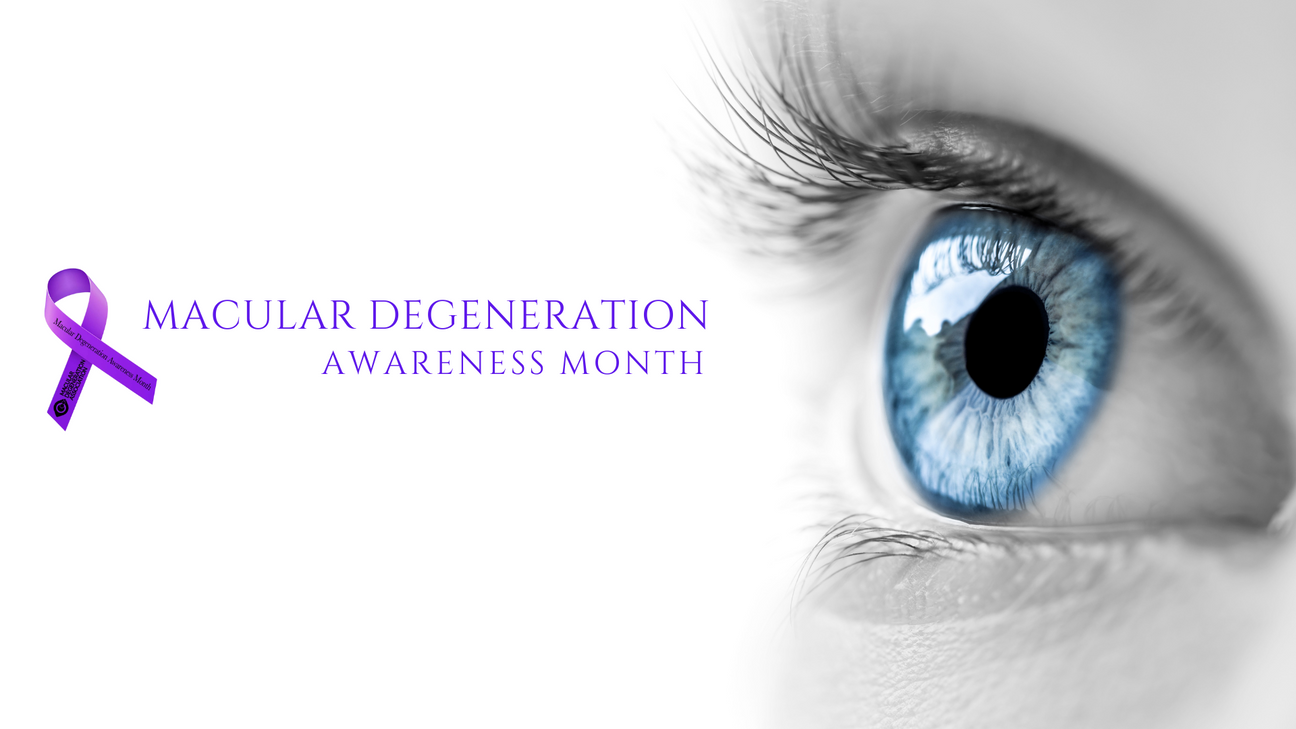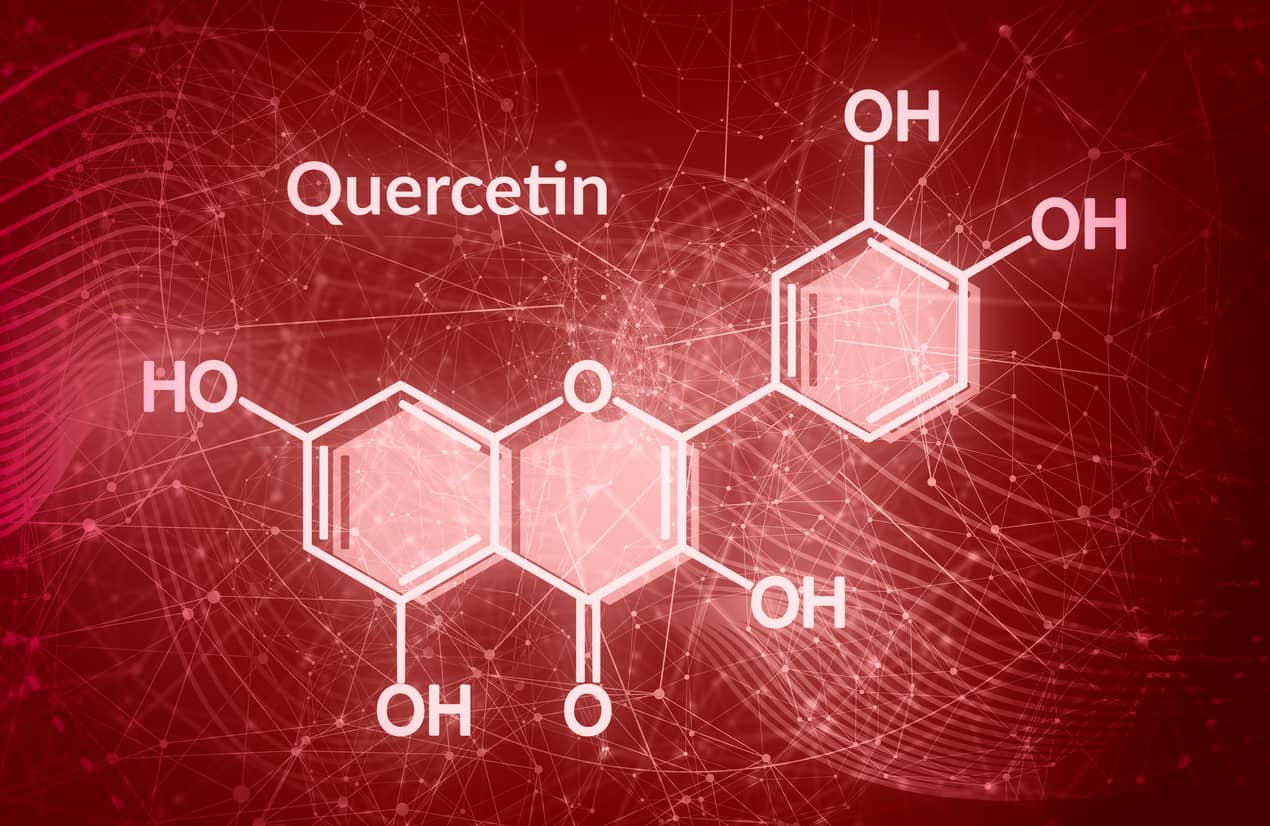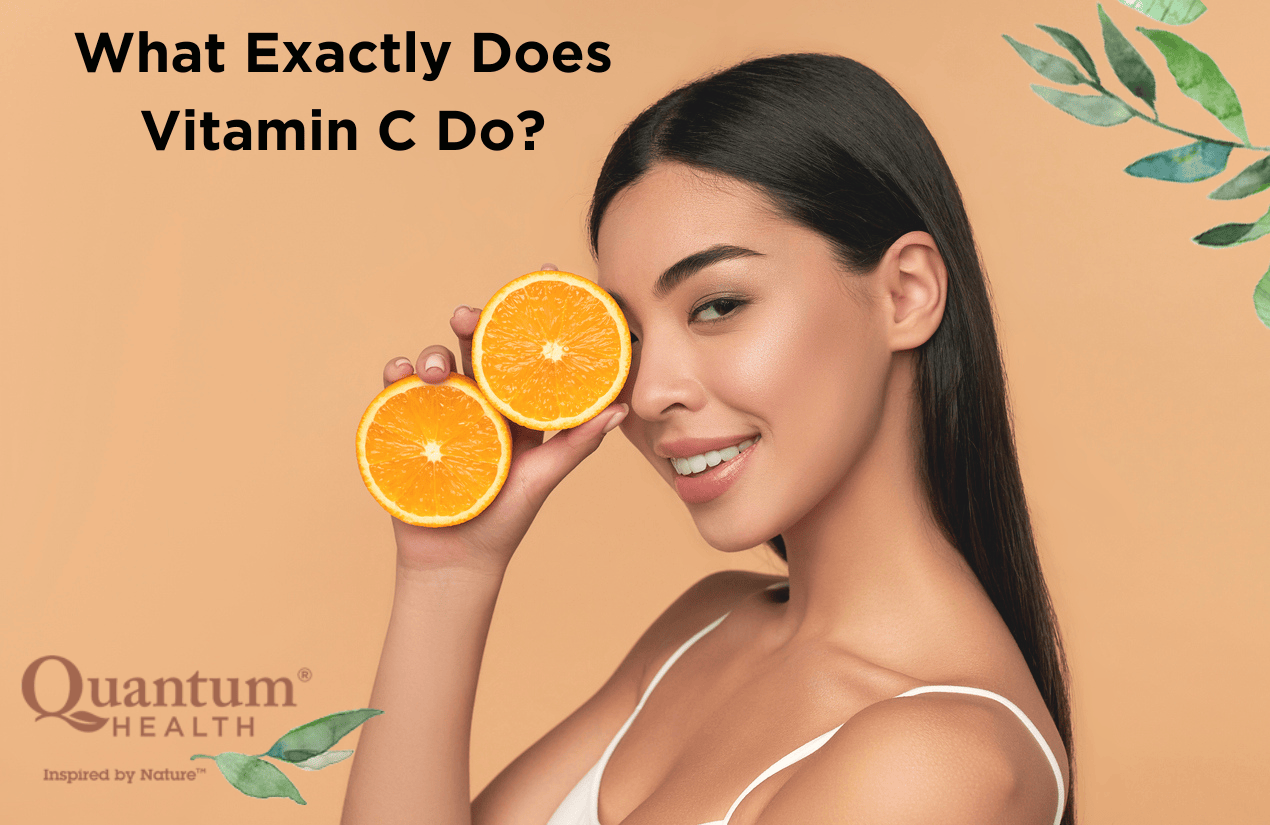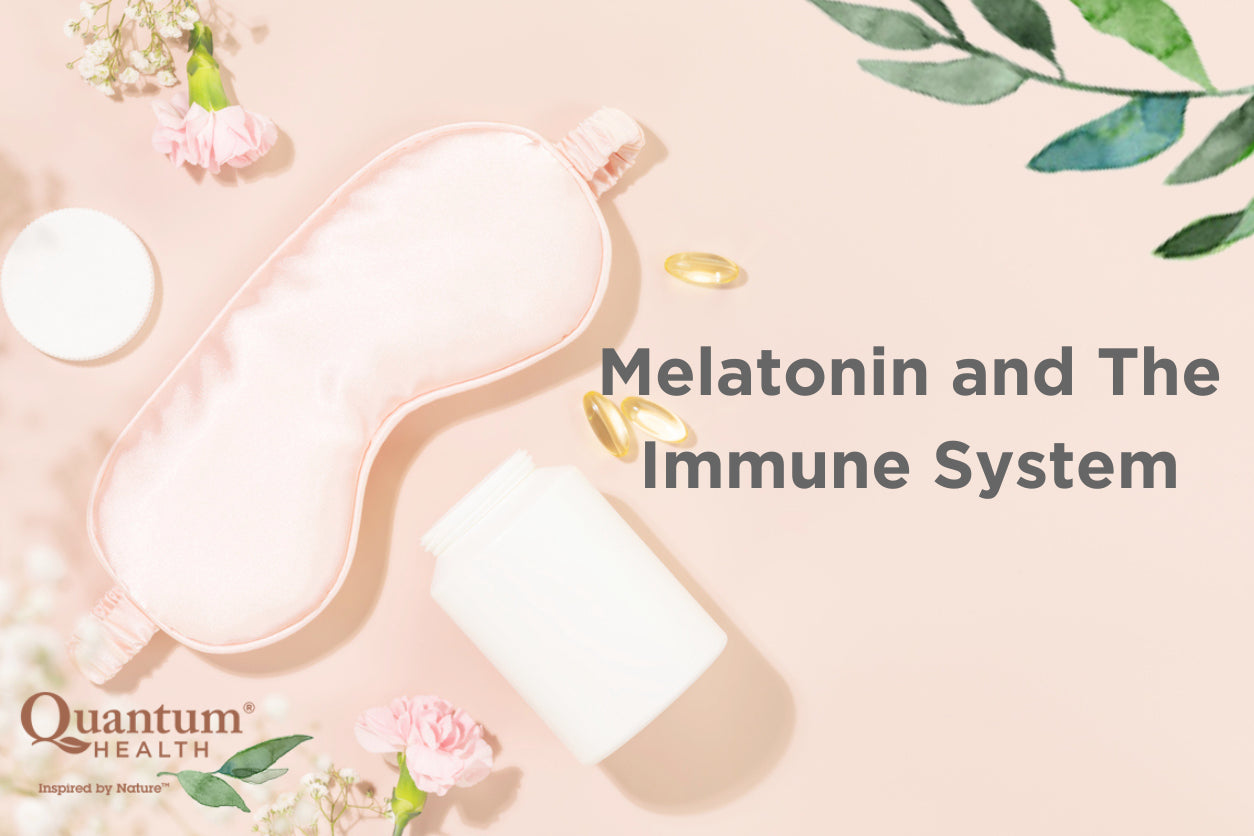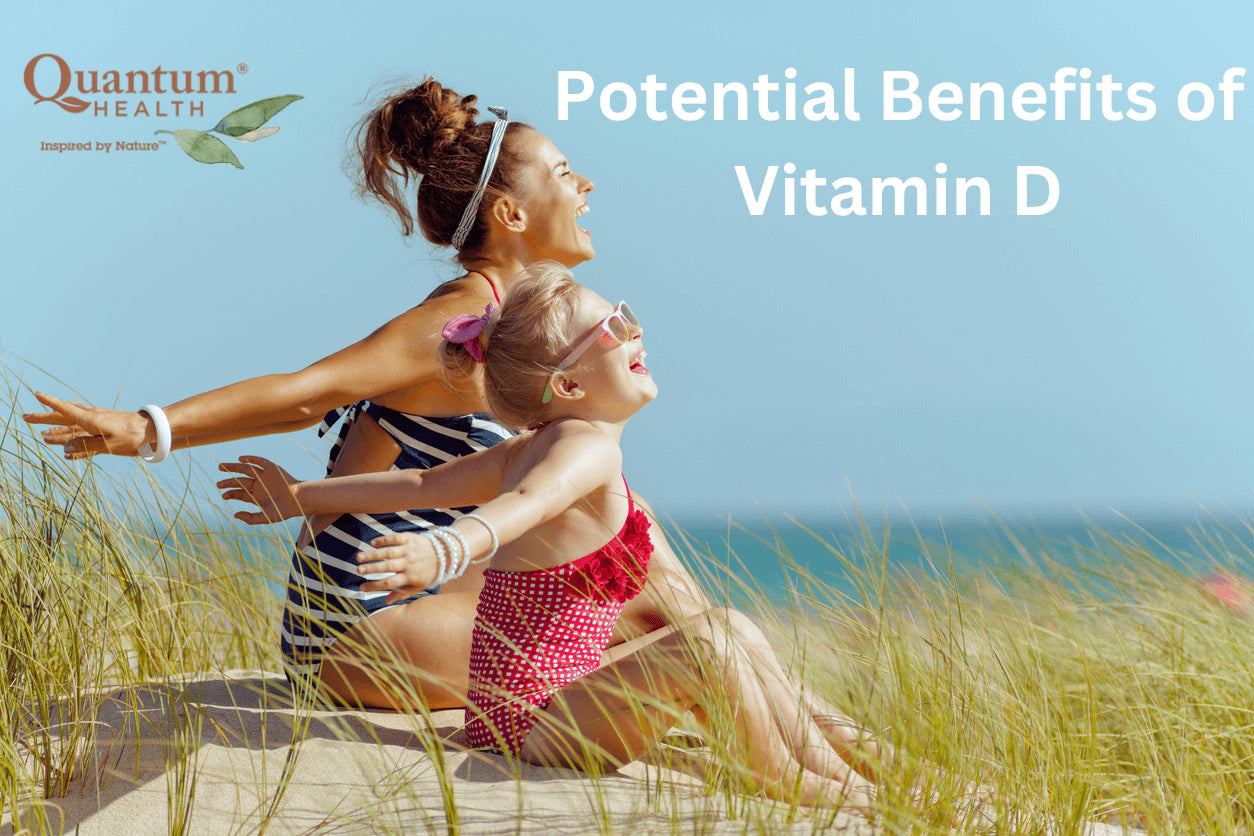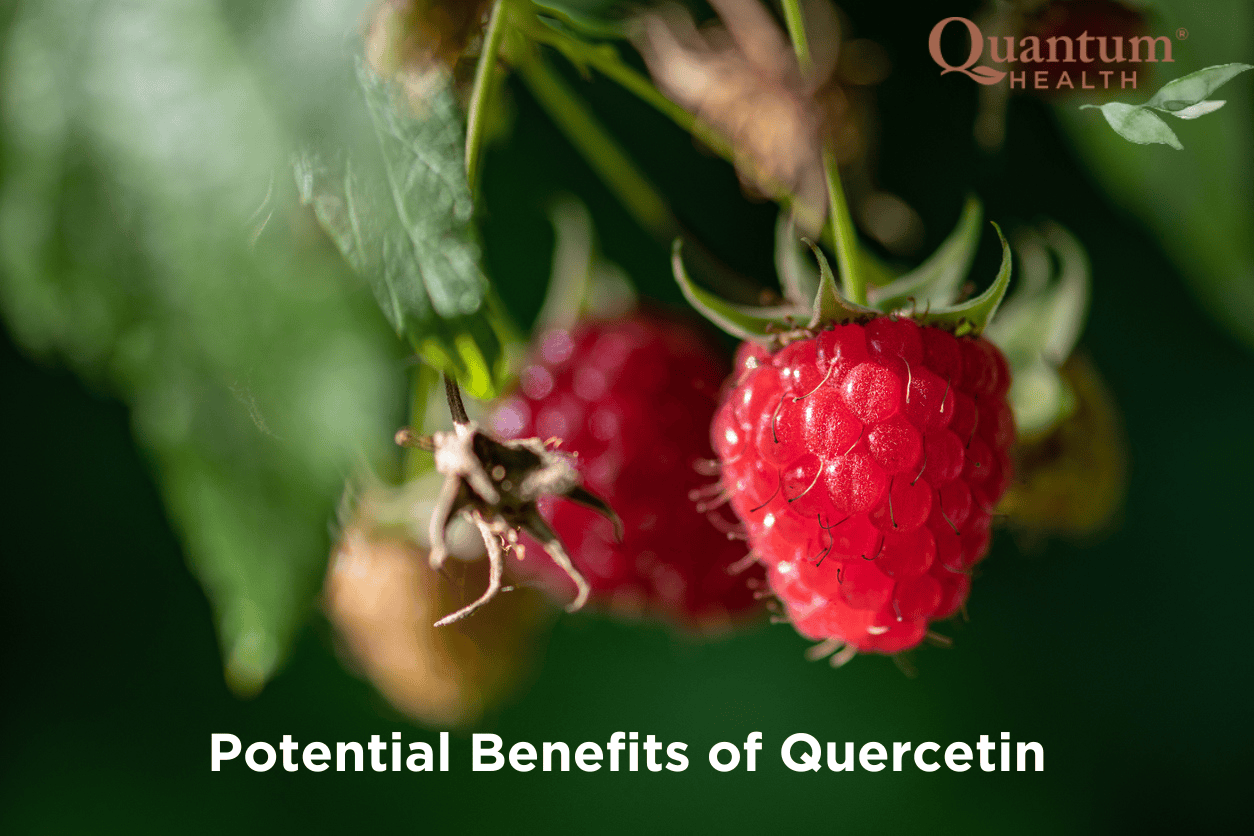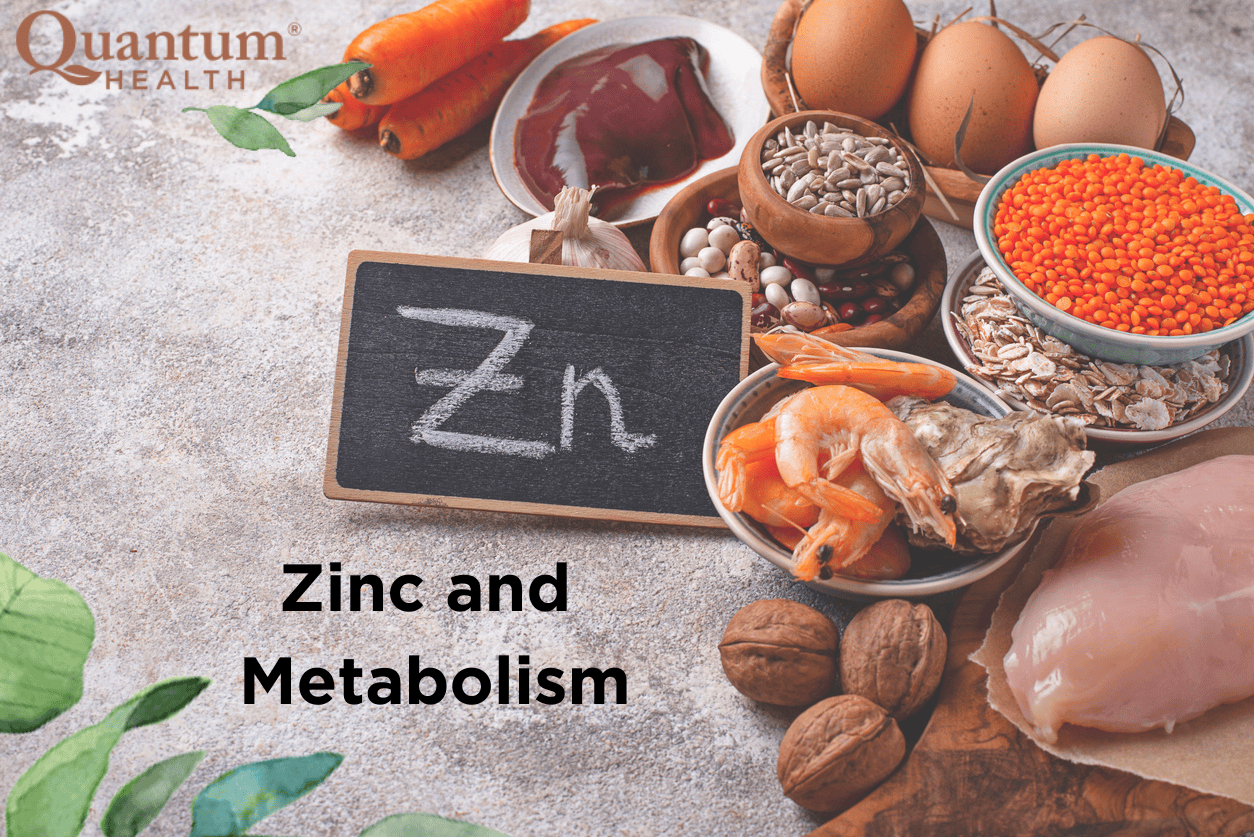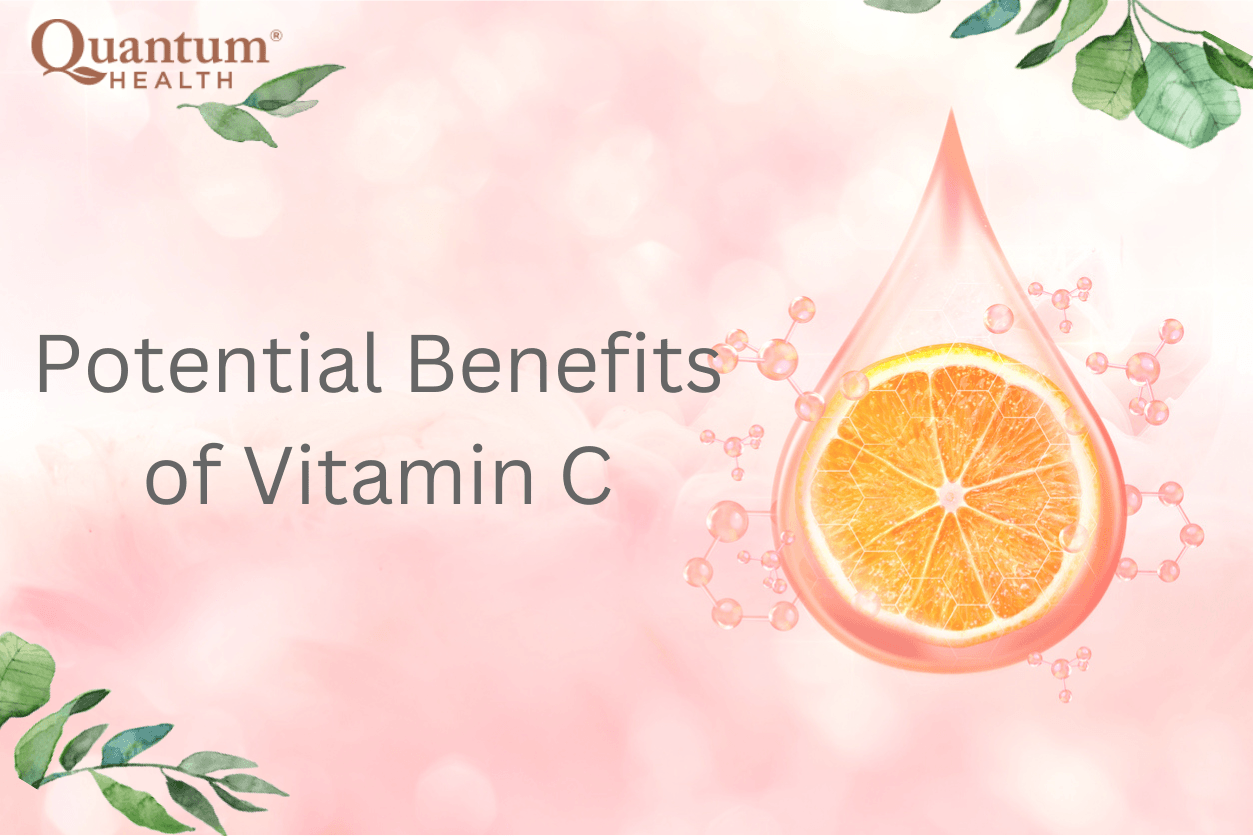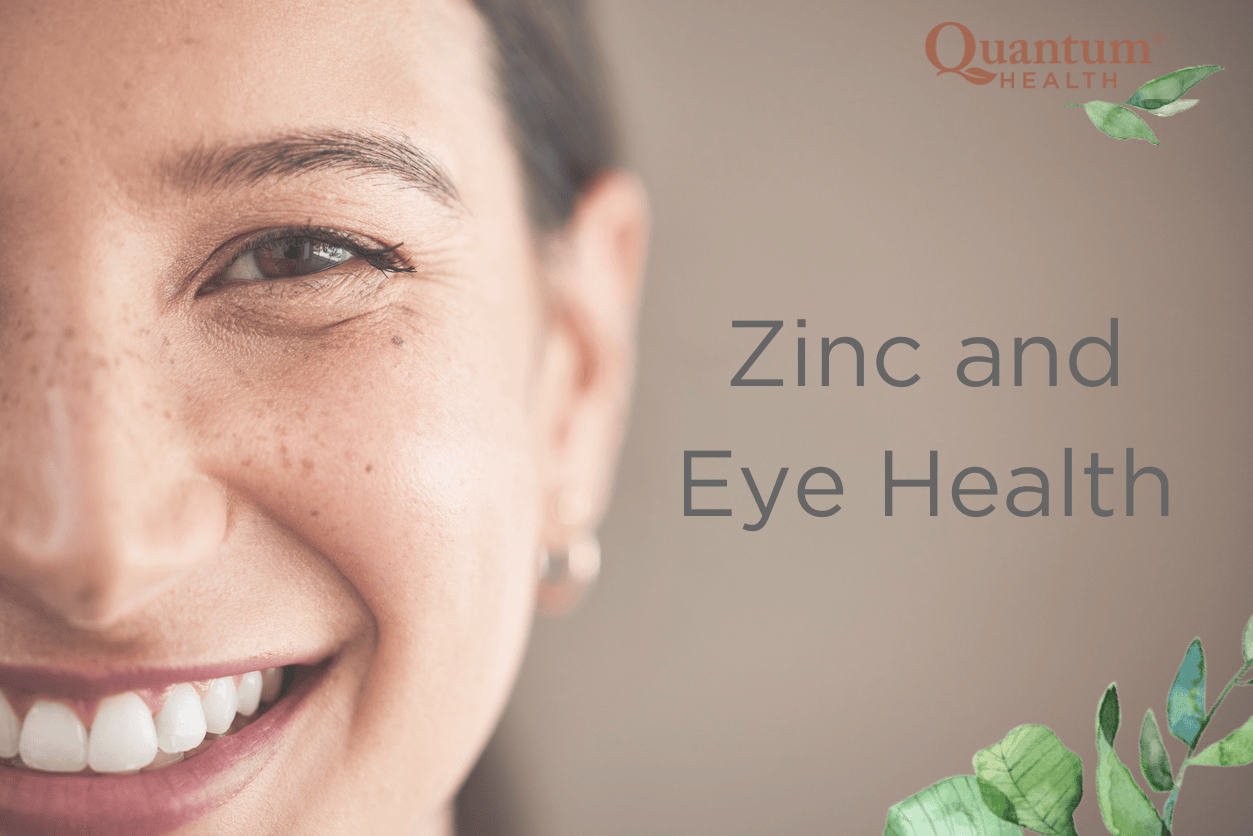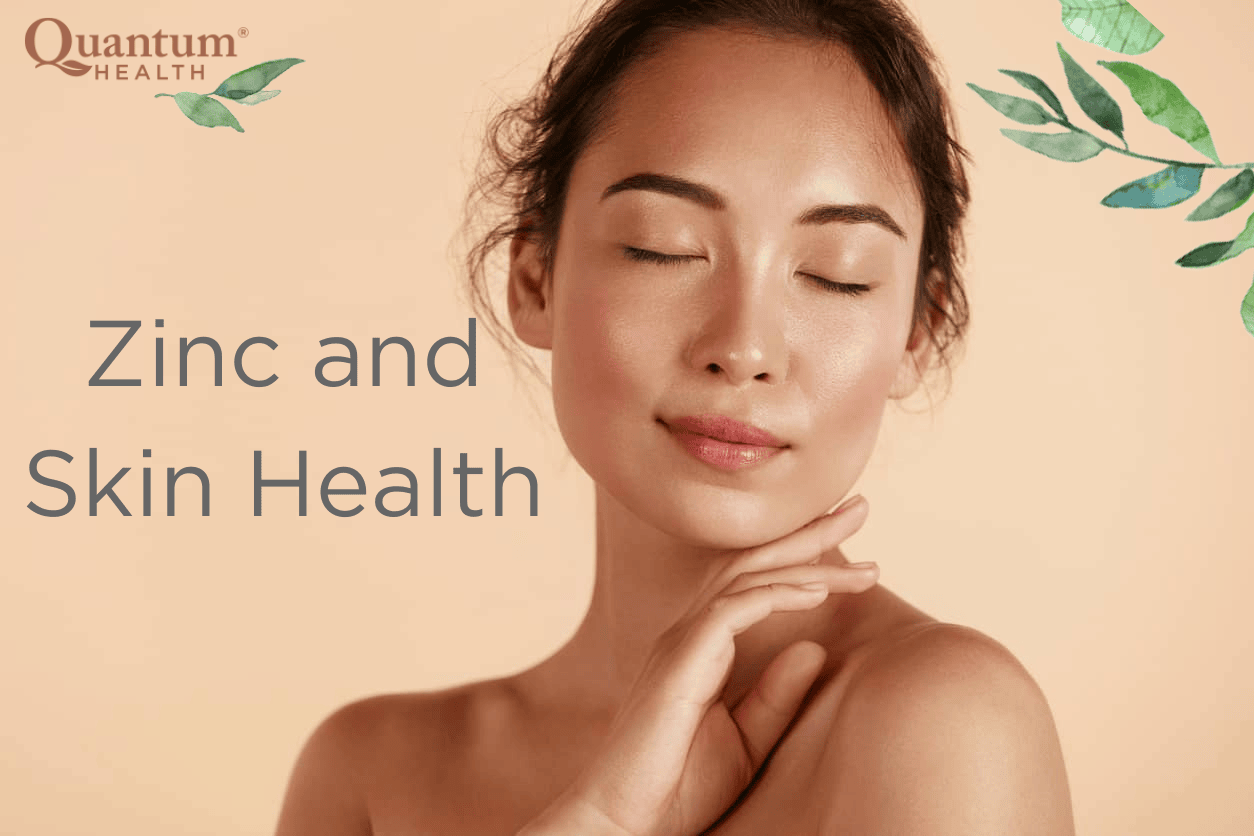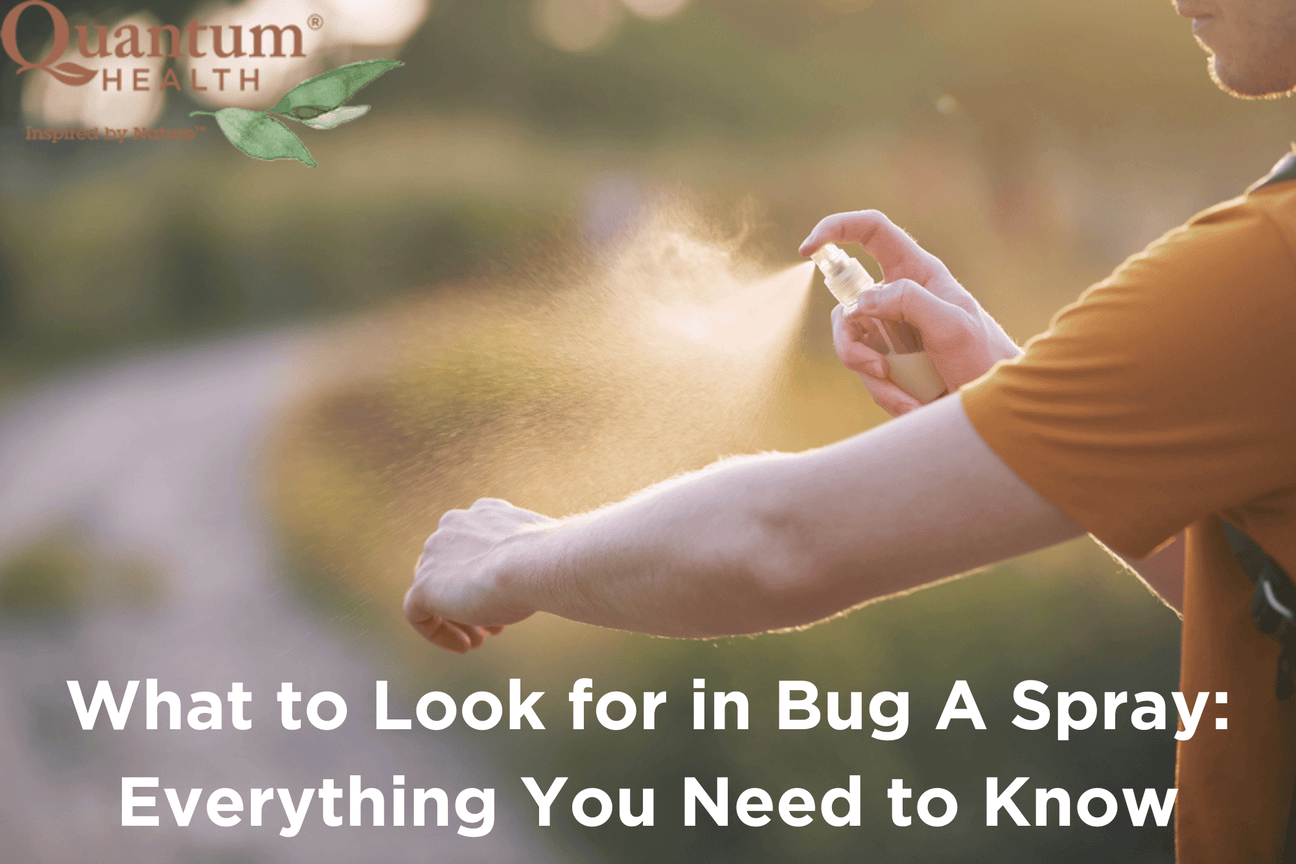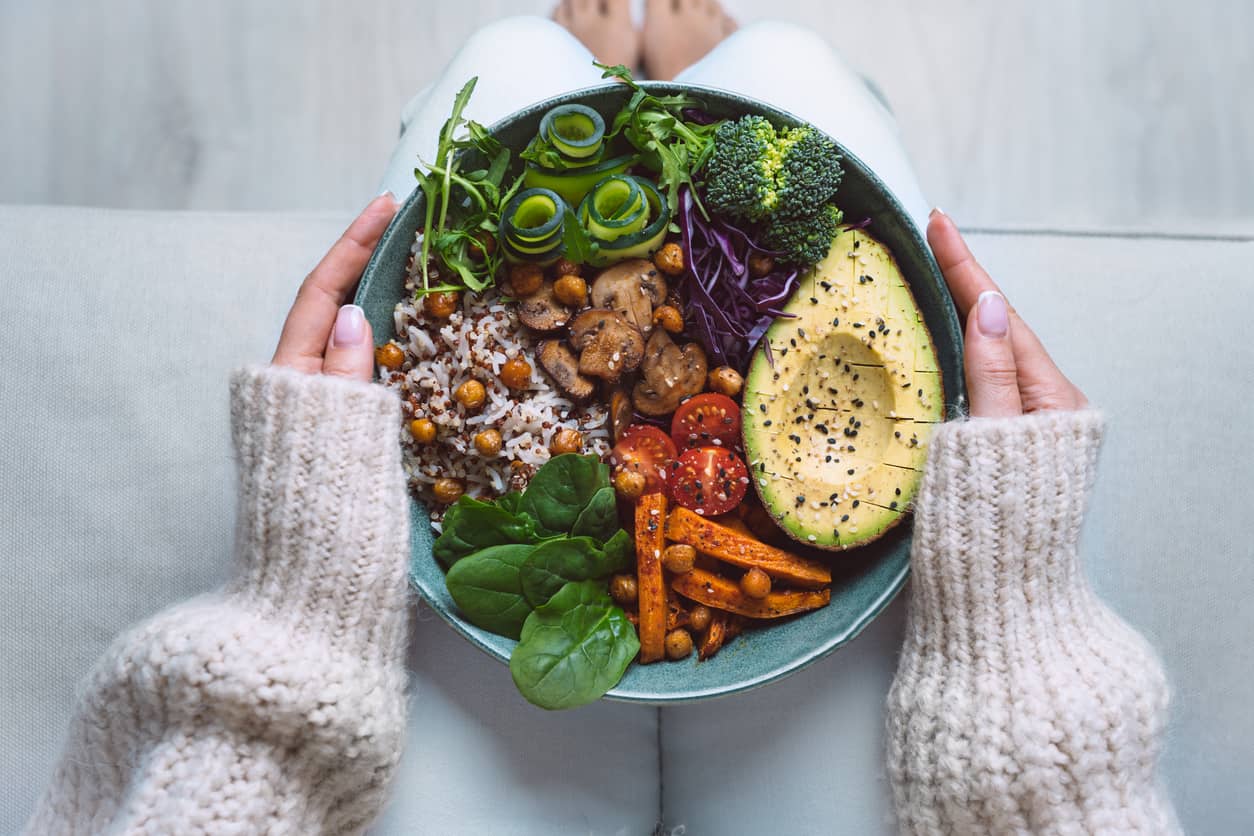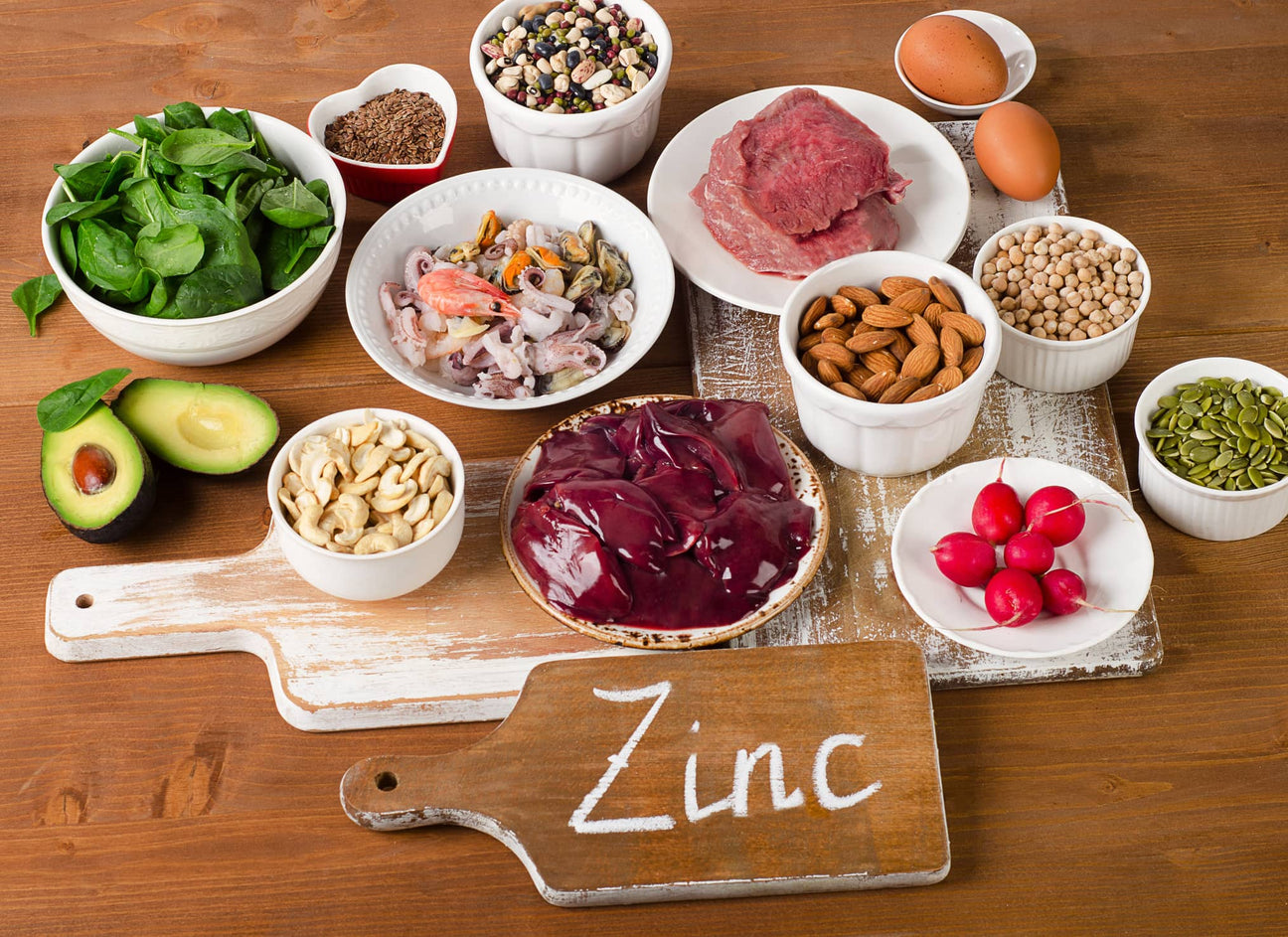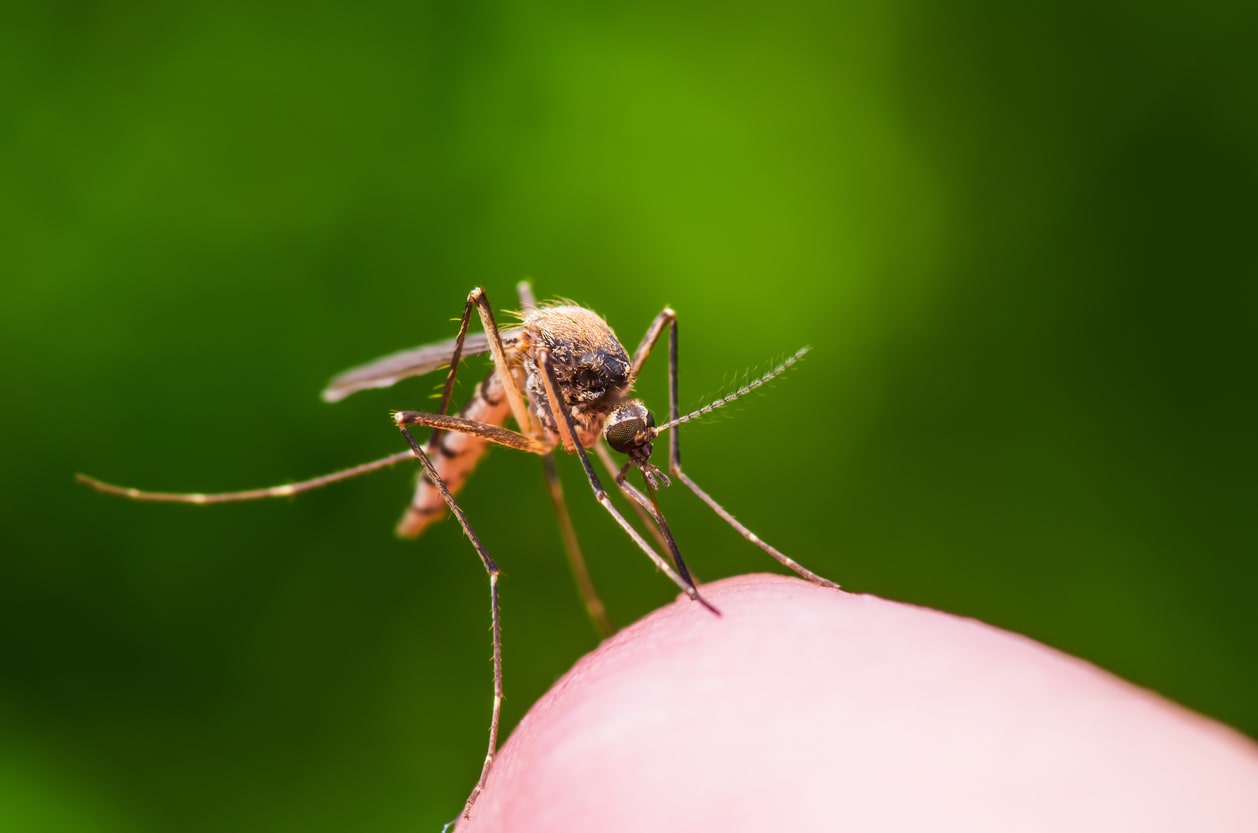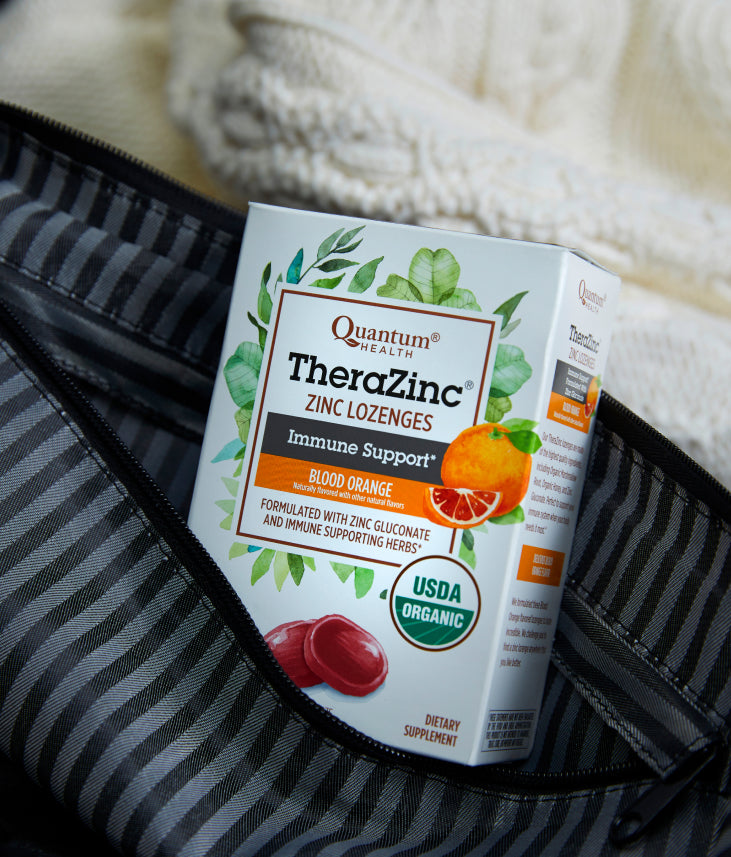5 Vitamins for Eye Health

Healthy vision is a critical component of living a healthy, active life. Yet, as we age, many people experience declines in their eye health.
After all, cataracts and age-related macular degeneration are the leading causes of visual impairment in older Americans. And, according to the American Academy of Ophthalmology, more than 24.4 million Americans age 40+ are affected by cataracts and nearly 2.1 million Americans age 50+ will have age-related macular degeneration.
But know that your eyesight is not a losing battle. Studies are being done on age-related eye diseases that affect millions of Americans and we are learning there are things we can do to preserve our eye health as we age.
Vitamins for my eyes?
Just like there are vitamins that address specific concerns such as heart health and immune support, vitamins and nutrients may help your eyes function properly.
The following list of supplements just may be some of the best vitamins for eye health. Since it is recommended to try to get your daily dose of vitamins and minerals through your diet, we list some common foods that may help your eyesight, as well.
Lutein and Zeaxanthin
These two nutrients are carotenoids, which are pigments that are found in richly colored plants. They are also found in the macula and retina in your eye and help protect your eyes from damage caused by ultraviolet and blue light. Studies on carotenoids indicate that they may be beneficial in promoting eye health, particularly cataracts and age-related macular degeneration.
Lutein and zeaxanthin supplements are available on the market, but you can also increase your daily intake with a diet rich in foods that contain carotenoids. Most commonly, green leafy vegetables and other fruits and vegetables, such as broccoli, peas, honeydew melon, kiwis are all good sources.
Vitamin C
You may know vitamin C for its immune support properties, but it is also a strong antioxidant that offers protection against free radicals, and helps your body form collagen, which is found in your cornea. Some studies suggest that vitamin C may offer protection against age-related eye diseases.
For natural sources of vitamin C, you can add citrus fruits, strawberries, bell peppers, broccoli, and tomatoes to your diet.
Vitamin E
Oxidative stress is what happens when the antioxidants and free radicals in your body are in a state of imbalance, which can lead to issues with your eye health, such as cataracts—thought to be formed by oxidation in the eye. This is where vitamin E comes in, since its primary function is to conquer oxidation.
To supplement your diet with natural sources of vitamin E, green leafy vegetables, salmon, avocados, nuts, seeds, and vegetable oils are all rich in vitamin E.
Omega-3 fatty acids
Who would have thought that eating fat is good for your eyes? Turns out, the omega-3 fatty acids that may be benefitting your heart health could also be good for the cells in your retina, which contains high quantities of omega-3 fatty acids. It can even help with dry eye syndrome, as well as retinopathy, a condition caused by damage to the retina.
Foods rich in omega-3 fatty acids include many types of oily fish, such as salmon, sardines, and anchovies, as well as plant-based sources including flaxseeds, chia seeds, and walnuts.
Keeping your eyes healthy is a priority and it is important to include your eye health in your overall health care plan.
Share
Your share can inspire countless others.










